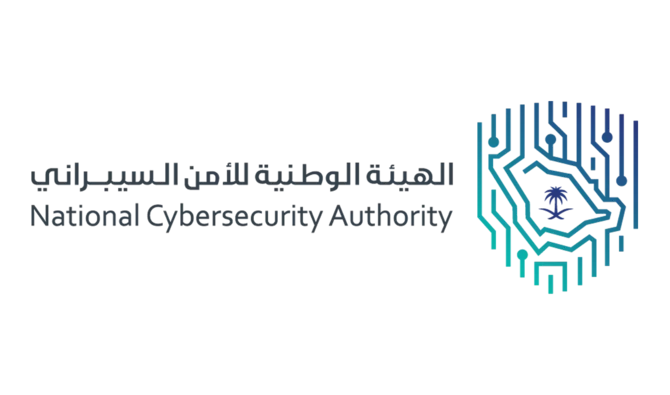
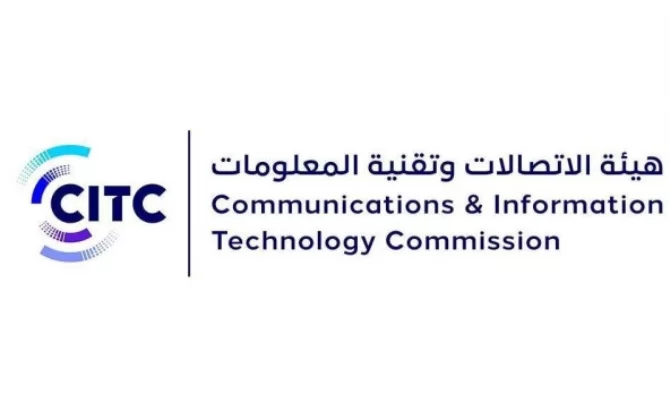

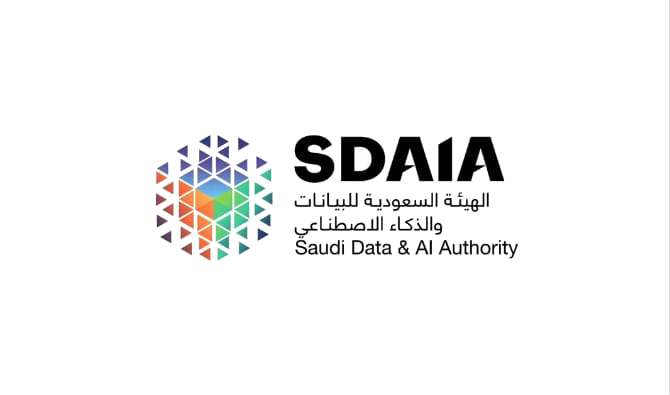
The National Cybersecurity Authority of Saudi Arabia developed the Essential Cybersecurity Controls to conduct a comprehensive study of multiple either national or international cybersecurity frameworks and standards, studying related federal decisions, laws, and regulatory requirements, reviewing and leveraging cybersecurity best practices, analyzing previous cybersecurity incidents and attacks on government and other critical organizations, and surveying and considering opinions of multiple national organizations.
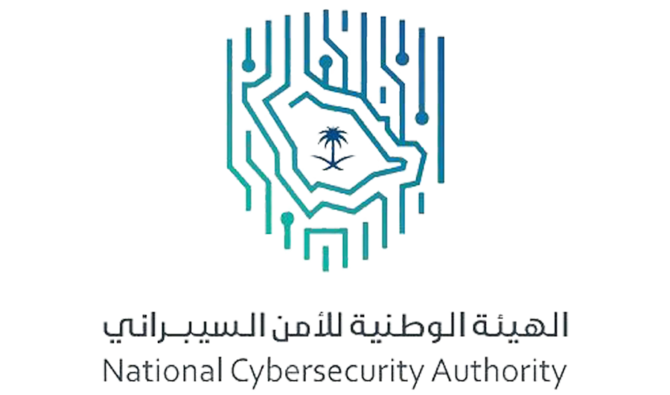
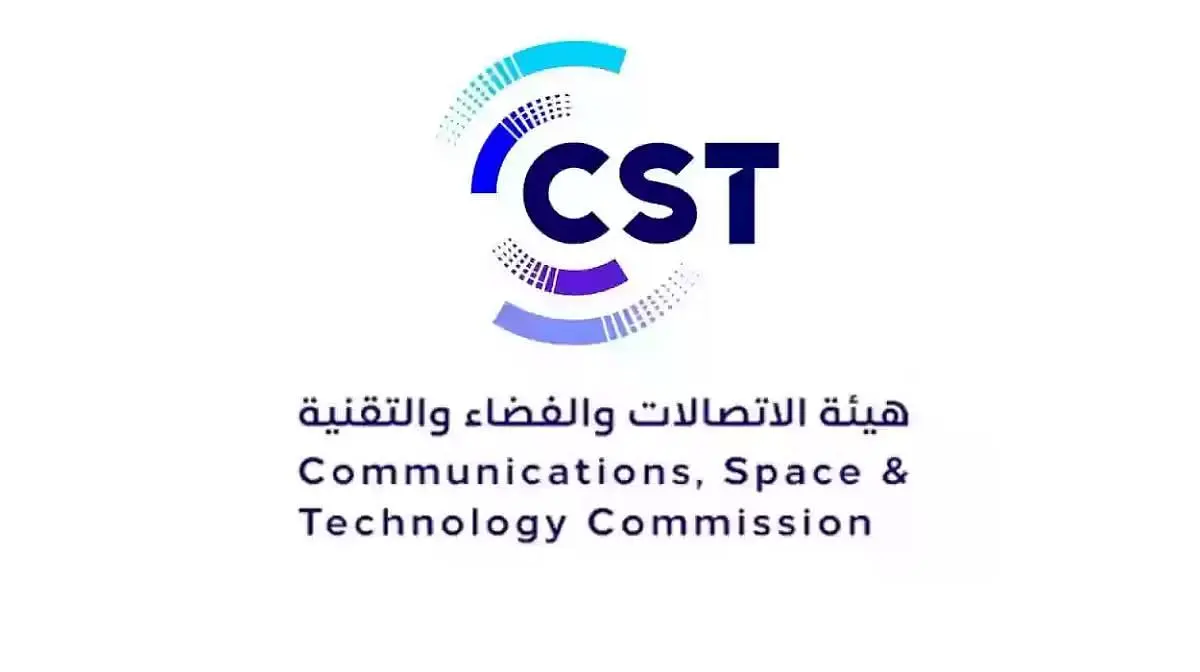
Communication, space, and technology are interconnected realms continually shaping and revolutionizing human interaction and progress. The convergence of these domains has propelled innovation, enabled global connectivity and expanded our understanding of the universe. Advancements in space technology have facilitated communication on Earth and fostered new communication methods beyond our planet. Satellite technology, for instance, has revolutionized telecommunications, allowing for instantaneous transmission of data, voice, and images across vast distances.
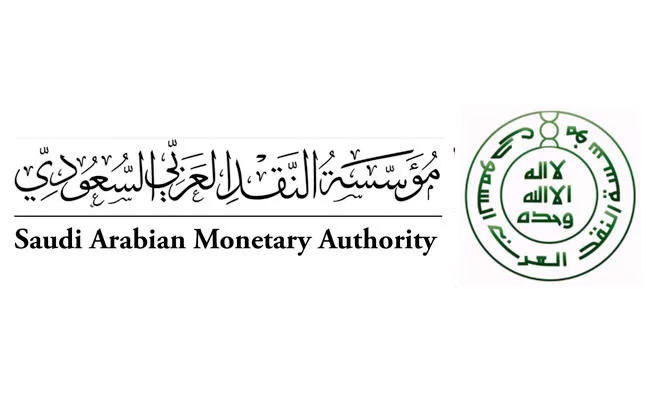
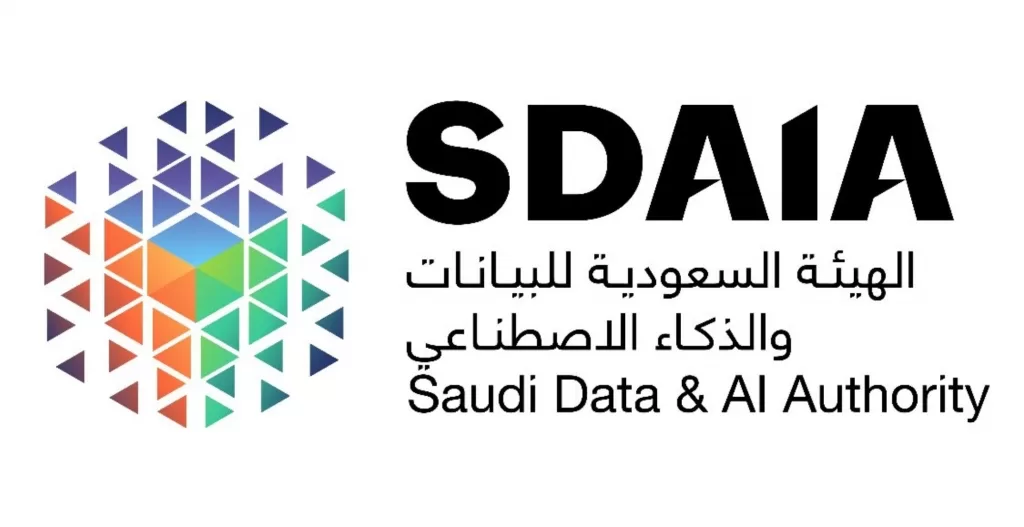
SDAIA was established to spearhead the Kingdom of Saudi Arabia’s ambitious data and artificial intelligence (AI) goals. Tasked with harnessing the power of data and advancing AI capabilities across various sectors, SDAIA aimed to drive digital transformation and innovation in line with Saudi Vision 2030. This government entity played a pivotal role in shaping policies, strategies, and initiatives to bolster the use of data and AI technologies in areas such as healthcare, education, smart cities, and other critical sectors. By fostering partnerships, encouraging research and development, and implementing AI-driven solutions, SDAIA sought to propel the Kingdom’s position in the global digital landscape, promoting economic growth and technological advancement.



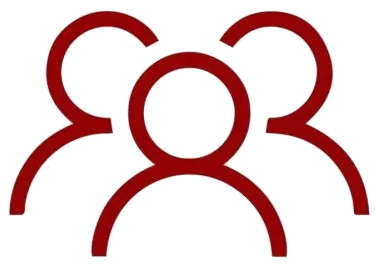
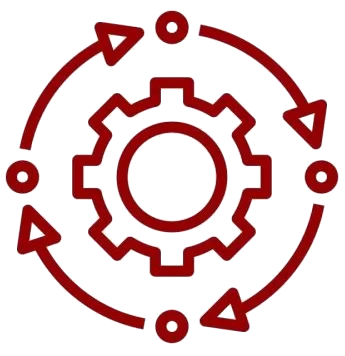

While GRC offers a structured framework for managing complex issues, there are challenges organizations face, such as:
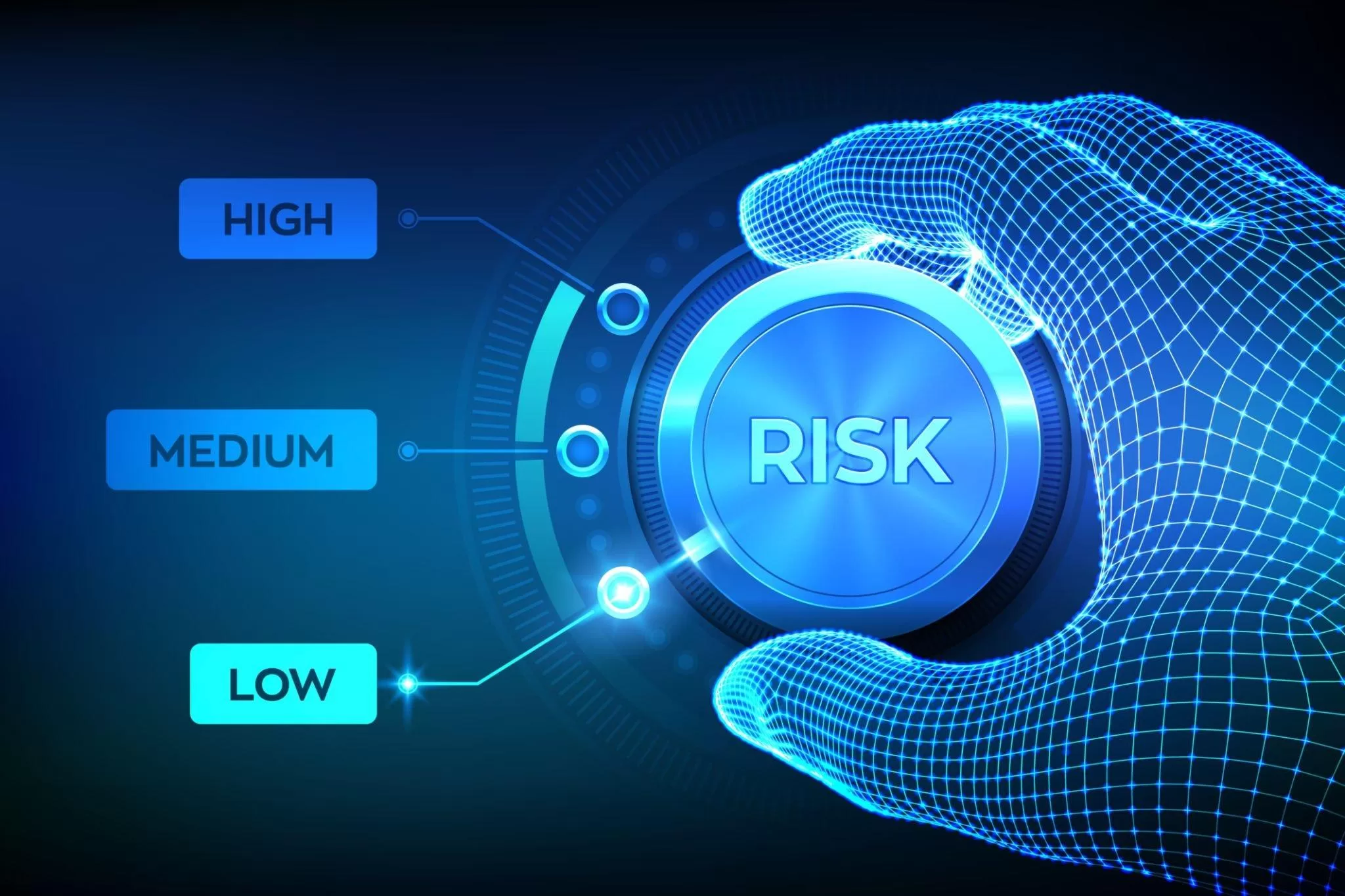

IT Butler has the right GRC tools and systems, which are software applications and systems businesses can use to manage policies.

In the context of GRC, metrics refer to measurable indicators used to assess and track the performance

New businesses or organizations in Saudi Arabia do not know the right government regulations operating policies.

GRC (for governance, risk, and Compliance) is an organizational strategy for managing risk management
In the face of evolving challenges, IT Butler emerges as your strategic partner, leveraging the power of Governance, Risk, and Compliance to fortify your business.

Spending time taking stock of existing processes is vital if the GRC program is to be a success.

The benefits of a unified GRC approach should be clear to any members of senior management.

GRC tools, such as reliable board portal software, will help streamline the project.

Circling back to the goals of your GRC initiative is critical.

A compliance management solution can vary from simple to complex and must be uniquely tailored to suit an organization’s structure and industry. Three common methods of compliance management are:
This is the most rigid approach to compliance management. Internal policies are created and implemented by the person or team at the top of the organizational chart.
In contrast, a hands-off approach is the most flexible type of compliance management.
Emphasizes the potential for saving both time and money through the thoughtful and proactive implementation of compliance procedures.
The role of IT Butler as a partner in the Governance, Risk, and Compliance (GRC) realm is highlighted in addressing the needs of both government stakeholders and business requirements.
IT Butler is presented as a solution that goes beyond mere compliance by actively identifying and managing risks for businesses and Small to Medium Enterprises (SMEs).

Governance, Risk, and Compliance (GRC) are interconnected concepts that organizations use to ensure effective management and adherence to regulatory and ethical standards. Governance involves establishing structures and processes for decision-making and accountability. Risk management focuses on identifying, assessing, and mitigating potential threats to the organization. Compliance entails adhering to relevant laws, regulations, and internal policies.
Governance, Risk, and Compliance (GRC) are essential components of effective business management. Governance involves establishing and maintaining organizational structures, processes, and controls to ensure responsible decision-making. Risk management focuses on identifying, assessing, and mitigating potential threats to an organization’s objectives. Compliance ensures adherence to relevant laws, regulations, and internal policies.
Governance, Risk, and Compliance (GRC), risk refers to the potential for adverse outcomes that may impact an organization’s objectives. It encompasses uncertainties and the likelihood of events that could hinder the achievement of goals. Effectively managing risk within the GRC framework involves identifying, assessing, and mitigating potential threats to ensure compliance with regulations, safeguard assets, and optimize overall governance practices.
Governance, Risk, and Compliance (GRC) is a framework that organizations implement to ensure effective management of their operations. It involves establishing proper governance structures, identifying and mitigating risks, and ensuring compliance with applicable regulations and policies. This integrated approach helps organizations navigate challenges, enhance decision-making, and maintain transparency, ultimately contributing to sustainable business success.
Governance, Risk, and Compliance (GRC) is a comprehensive framework used by organizations to strategically manage and align their activities with objectives, assess and mitigate risks, and ensure adherence to regulatory and compliance requirements. It integrates these critical functions, promoting efficiency, transparency, and accountability in decision-making processes. GRC frameworks help organizations optimize operations, enhance stakeholder trust, and proactively address challenges, fostering sustainable and responsible business practices.
Governance, Risk, and Compliance (GRC) tools are integrated solutions designed to help organizations manage and align their business processes with regulatory requirements. These tools facilitate effective governance by enabling centralized oversight, streamline risk management through risk identification and assessment, and ensure compliance with industry standards and regulations. By providing a unified platform, GRC tools enhance transparency, accountability, and decision-making, ultimately contributing to the organization’s overall resilience and sustainability in a complex business environment.
© Copyright 2024 ITBUTLER. All Rights Reserved.
Keeping track of domain registrations to identify and mitigate phishing sites or domains that mimic the brand.